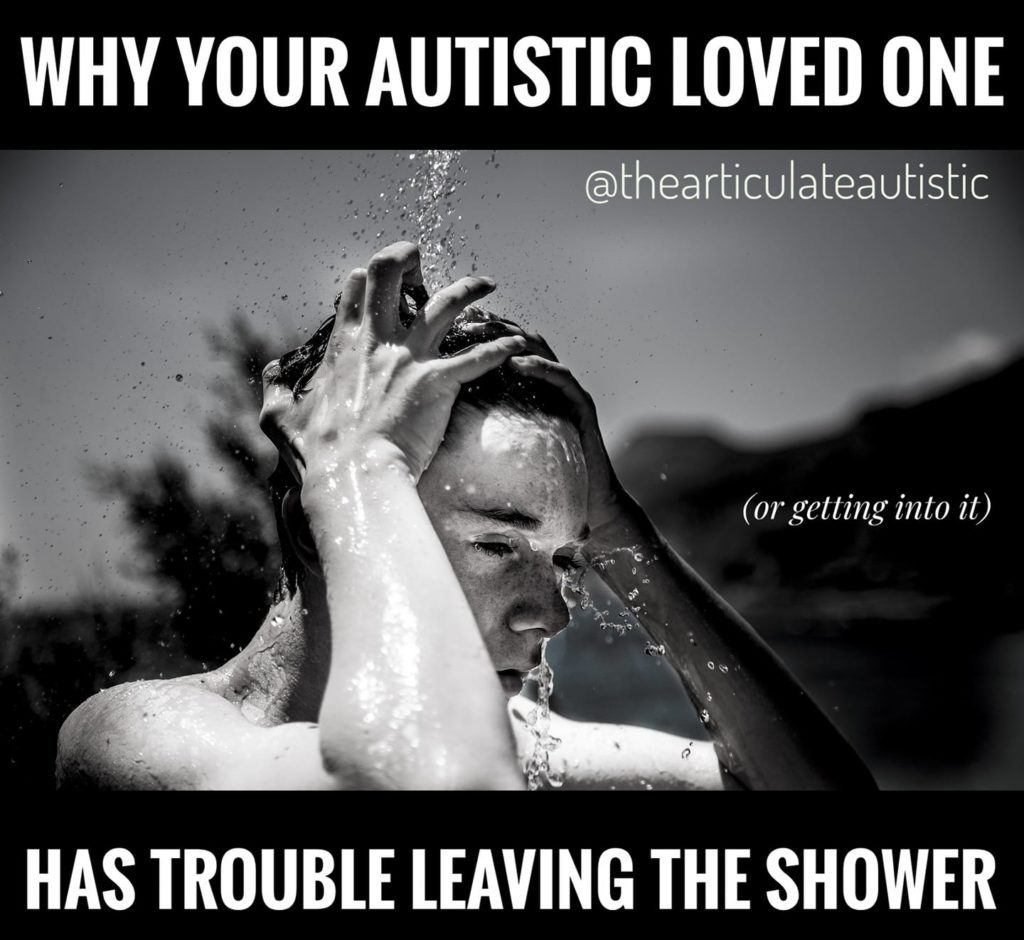Having Bodily Needs Gets on My Nerves (I’m Autistic)

As an autistic person, living in a body irritates the heck out of me!
I have always hated having physical needs like having to go to the bathroom, needing to eat, needing to drink water, having physical desires…it just all gets on my nerves!
It’s like, if my body is in a state of perfect contentment, I barely notice I’m in one, and I’m, well, content.
But, if I’m in the middle of something, especially if I’m in the process of creating something, feeling my body nag at me to eat, drink, or use the bathroom just drags me back down to planet Earth and irks me.
Part of it is autistic inertia, I know that. Part of it is also that I was made to feel shame for having needs (I was ALWAYS having to pee, always hungry, always this, always that), and almost everyone got irritated with me, especially when I was a child.
But, I think there’s something more to it? I’m not a big fan of being in a body. It has its upsides, but I think I’d be much happier in a state of pure energy focusing every drop of who and what I am in creation and the absorption of knowledge.
Does your autistic loved one appear to be annoyed by living in a body? Are you on the spectrum and annoyed by living in a body?
Follow me on Instagram.
Want downloadable, PDF-format copies of these blog posts to print and use with your loved ones or small class? Click here to become a Patreon supporter!





2 Responses
[…] For other autistic people, the tastes and textures of certain foods can be overwhelming, so we like to avoid that experience, not seek it out. Some of us may be hungry, but we want to get the experience of eating over with as quickly as possible either because of sensory overload or we just want to get back to whatever it is we were doing and once again be temporarily and blissfully unaware that we are living in a needy and demanding body. […]
[…] otherwise neurodivergent person is aware of their tendencies to ignore (or not be aware of) their bodily needs. This can be especially difficult for autistic children and their caregivers because a change in […]